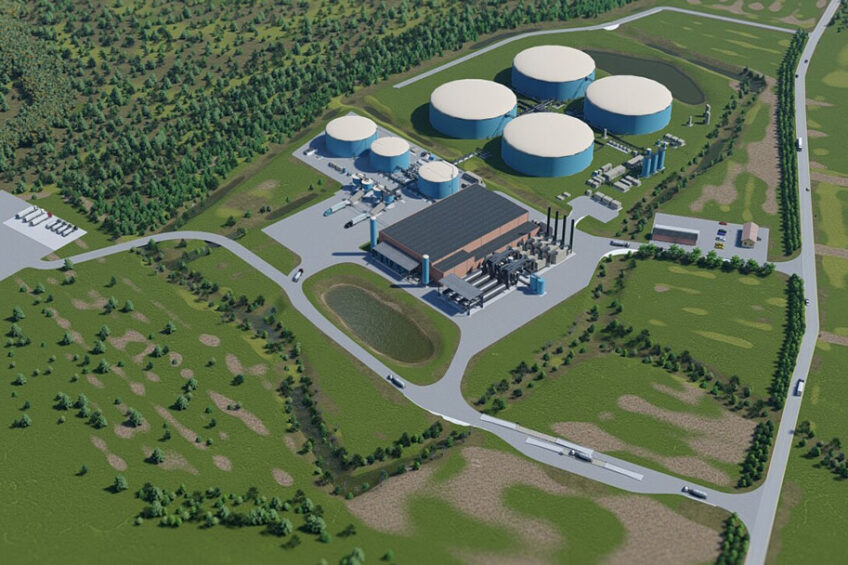CleanBay Renewables to sell bp RNG from poultry litter

BP and CleanBay Renewables have entered into a 15-year agreement where bp will purchase renewable natural gas (RNG) processed from poultry litter—a mixture of manure, feathers and bedding—and sell it as fuel for the US transportation sector.
According to CleanBay Renewables, not only does this powerful solution reduce air, soil and water pollution, but it will also benefit local farmers, communities and businesses. CleanBay Renewables manages this process by mixing poultry litter with water in a closed system known as an anaerobic digester. One of the end products is biogas, which includes methane. The biogas can be processed into RNG and used to fuel vehicles.
Repurposing litter
CleanBay’s approach builds on the sustainability efforts of the agriculture community by re-purposing poultry litter – of which more than 14 million tonnes is produced each year in the US – into RNG and a controlled-release, organic fertilizer designed for optimised nutrient management.
Through this agreement, bp’s trading and shipping team will sell the fuel to its customers, initially in California. There is strong demand for RNG fuel in the state due to incentives from its Low Carbon Fuel Standard. RNG-fueled vehicles are estimated to result in up to 95% lower greenhouse gas (GHG) emissions than those fueled by gasoline or diesel on a lifecycle basis, according to a US Department of Energy study.
Active bio-conversion facility
This agreement with bp directly supports the financing for CleanBay Renewables’ first active bio-conversion facility in Maryland. This facility can recycle more than 150,000 tonnes of poultry litter each year into:
• 100,000 tonnes of fertilizer: Providing farmers with an organic, slow-release fertilizer with added humic acid to address overall soil health and relieve nitrate and phosphorus runoff.
• 750,000 mmbtu of RNG: Providing the community with enough renewable energy for over 11,000 homes each year.
• 550,000 tonnes of CO2 equivalent: Reducing greenhouse gas emissions equivalent to taking 107,795 passenger vehicles off the road each year and providing local businesses with an opportunity to reduce their emissions with the sale of carbon credits.













